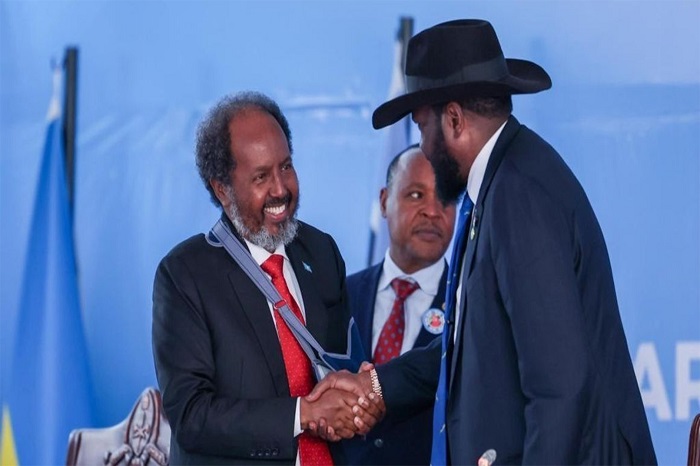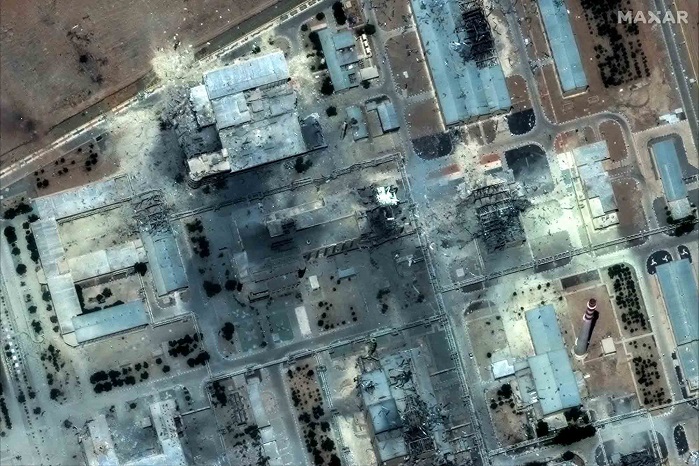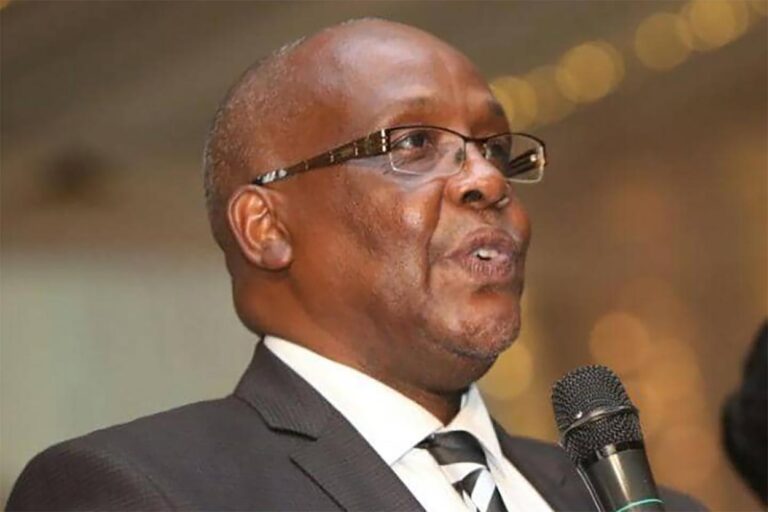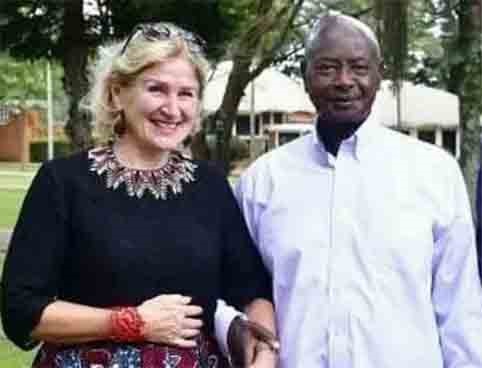
Somalia's President Hasan Sheikh Mohamud (L) shakes hands with his South Sudan counterpart Salva Kiir during the 23rd EAC Summit of Heads of State in Arusha, Tanzania
Kampala, Uganda I HABARI DAILY I
Somalia has been officially admitted as the eighth member of the East African Community (EAC), marking a significant step towards regional integration. The announcement came during the 23rd ordinary summit of the heads of state held in Arusha, Tanzania.
The approval for Mogadishu’s admission into the EAC was granted after extensive negotiations that spanned close to a year. The outgoing chairperson, Burundi’s President Evariste Ndayishimiye, confirmed the decision, stating that the heads of state reached a consensus to formally admit Somalia into the regional bloc after a thorough and lengthy closed-door meeting.
Somalia’s desire to join the EAC dates back to 2012, but it faced rejection due to internal troubles with Al Shabaab and a lack of a stable legal and political environment at the time. The renewed bid gained momentum with the admission of troubled nations like South Sudan in 2016 and the Democratic Republic of Congo (DRC) in 2022.
President Mohamud, who initiated Somalia’s first attempt to join the EAC in 2012, spearheaded the renewed bid. A verification mission was dispatched in January to assess Somalia’s readiness, leading to negotiations between Somali officials and EAC representatives in August. The positive outcome paved the way for the heads of state summit’s decision.
Somalia’s entry into the EAC is expected to facilitate the admission of its neighbors, Eritrea and Djibouti, aligning with the EAC’s broader expansion plan to include the entire Horn of Africa, encompassing Ethiopia and potentially Sudan.
The EAC, with the addition of Somalia, now comprises Burundi, Democratic Republic of Congo, Kenya, Rwanda, South Sudan, Tanzania, and Uganda. The common market, established in 2010, boasts a population of nearly 300 million people.
Daud Aweis, Somalia’s Minister for Information, Culture, and Tourism, expressed enthusiasm about the country’s official membership in the EAC, stating, “Somalia officially joins the East African Community, reinforcing ties and opening new doors for progress and partnership.”

The move expands the EAC’s market and grants it access to a coastline of over 3,000 km (1,800 miles), holding potential for offshore resources such as oil and gas. Somalia, in turn, gains access to the EAC’s large population, existing customs union, and common market, presenting new economic opportunities.
However, challenges remain as the EAC continues to address barriers to commerce, including red tape, political instability, poor infrastructure, and trade disputes. Some concerns have been raised about Somalia’s chronic instability and the potential for the movement of militants and contraband across the region, particularly given the ongoing insurgency led by Al Qaeda-linked al Shabaab since 2006.
Despite these challenges, Somalia’s inclusion in the EAC marks a significant milestone in the region’s efforts toward economic integration and cooperation. The move is expected to bring both opportunities and challenges as the East African nations work towards a more interconnected and prosperous future.




